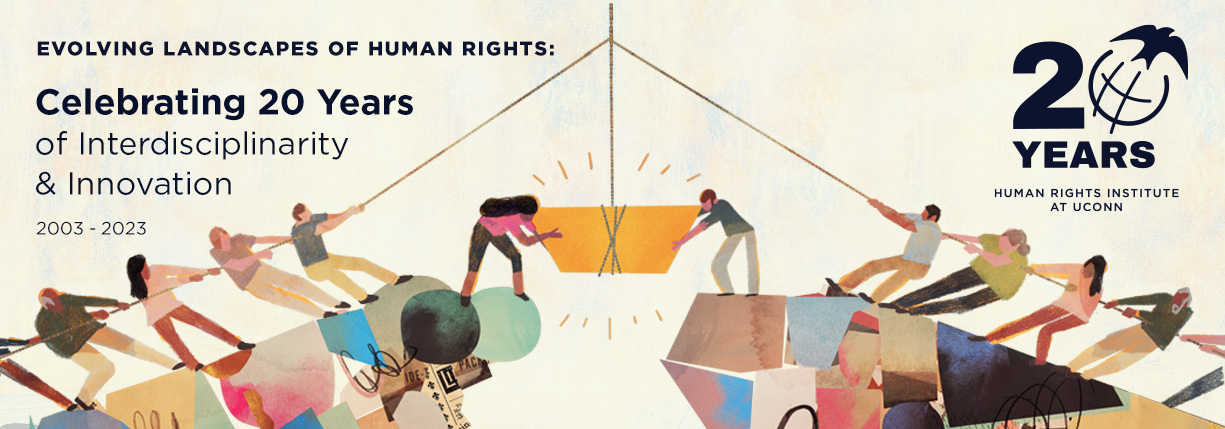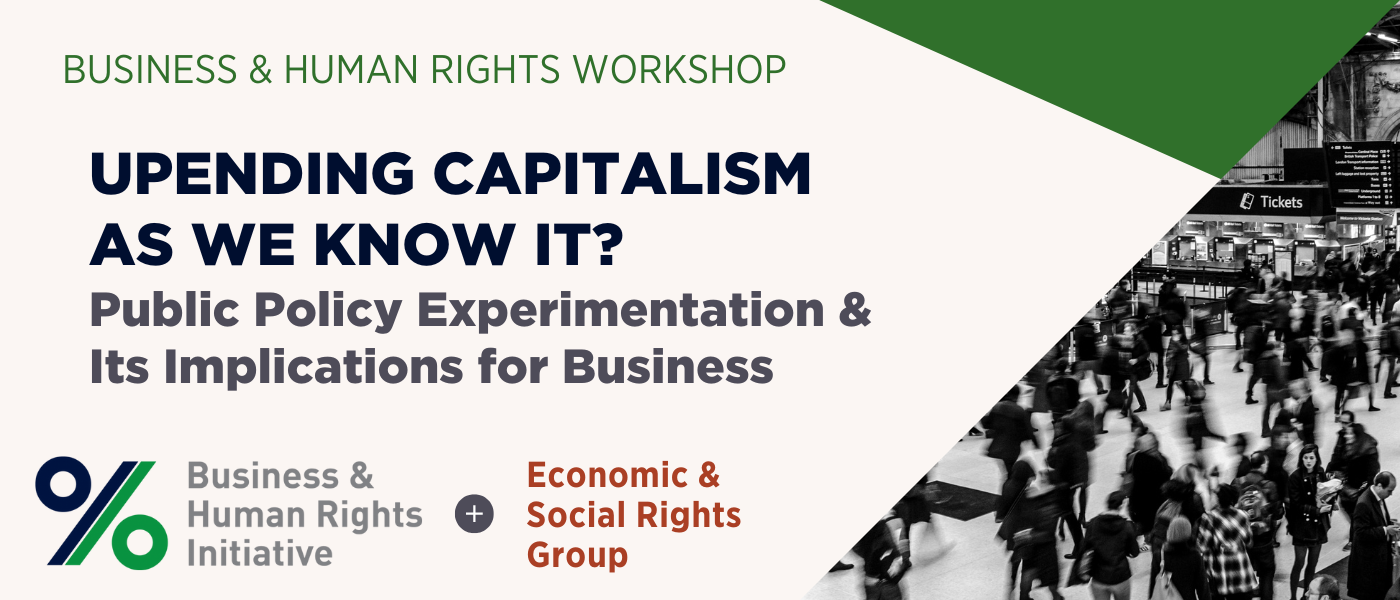Thursday, December 8, 2022
4:00 pm – 5:30 pm
Konover Auditorium
The Dodd Center for Human Rights
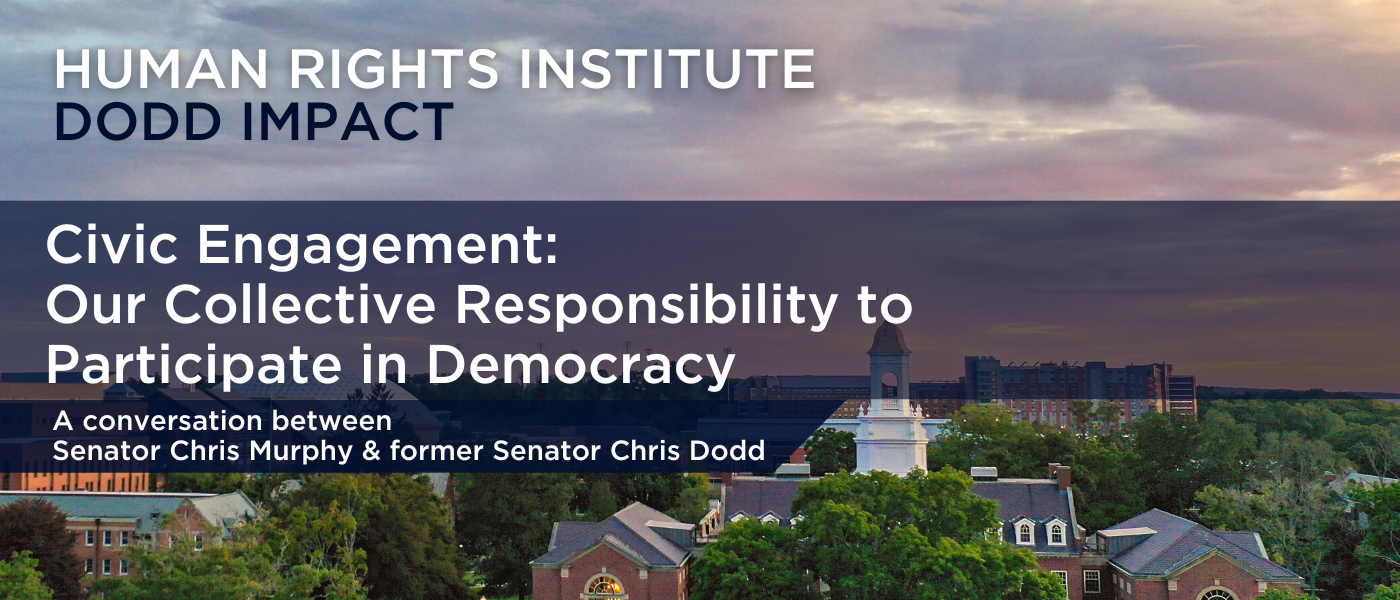
In a time of unprecedented partisanship and political divisiveness, what role do we all as individuals play in fostering/cultivating a robust democracy with respect for human rights? Join us to consider these and other questions about the central role of civic engagement in the United States today.
Opening remarks will be delivered by former Senator Chris Dodd. Special guest Senator Chris Murphy of Connecticut will be joining us from Washington. Professor and President Emeritus Susan Herbst will serve as moderator.
This discussion is made possible by Travelers.
At Capacity
Thank you for your interest in joining us! We have unfortunately reached the seating capacity for the room. If you would still like to still attend, we will happily accept walk-ins for any remaining available seats when the event begins.
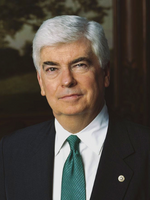 Christopher J. Dodd represented Connecticut in the United States Congress for 36 years – three terms in the U.S. House of Representatives and five terms in the U.S. Senate. Senator Dodd was a widely respected legislator and a key participant in nearly every major national policy debate over his four decades of public service. He authored or co-authored major legislation in the areas of education, health, financial services, foreign policy, and election reform.
Christopher J. Dodd represented Connecticut in the United States Congress for 36 years – three terms in the U.S. House of Representatives and five terms in the U.S. Senate. Senator Dodd was a widely respected legislator and a key participant in nearly every major national policy debate over his four decades of public service. He authored or co-authored major legislation in the areas of education, health, financial services, foreign policy, and election reform.
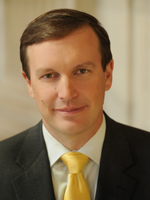
Chris Murphy, United States Senator for Connecticut, has dedicated his career to public service as an advocate for Connecticut families. Senator Murphy has been a strong voice in the Senate fighting for affordable health care, sensible gun laws and a forward-looking foreign policy. As a member of the Foreign Relations Committee, he has been an outspoken proponent of diplomacy, international human rights and the need for clear-eyed American leadership abroad. Murphy currently serves as the Chairman of the Subcommittee on Near East, South Asia, Central Asia and Counterterrorism.
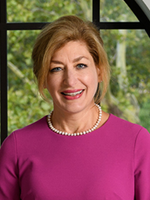
If you require an accommodation to participate in this event, please contact humanrights@uconn.edu.
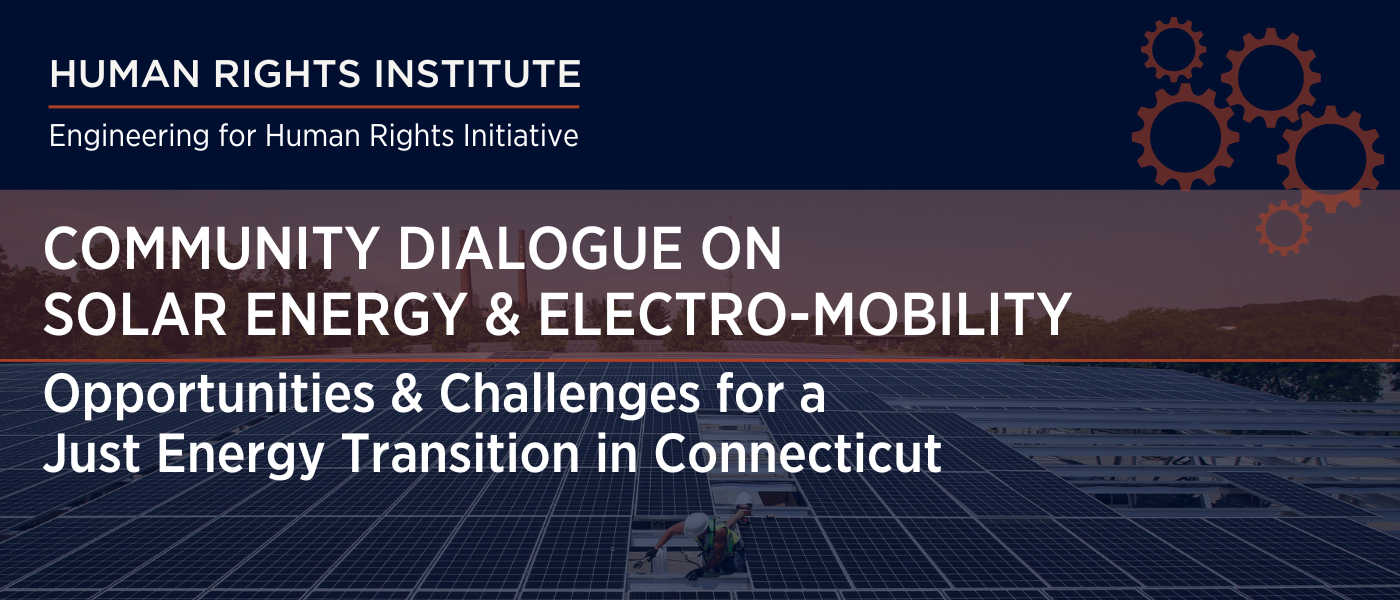
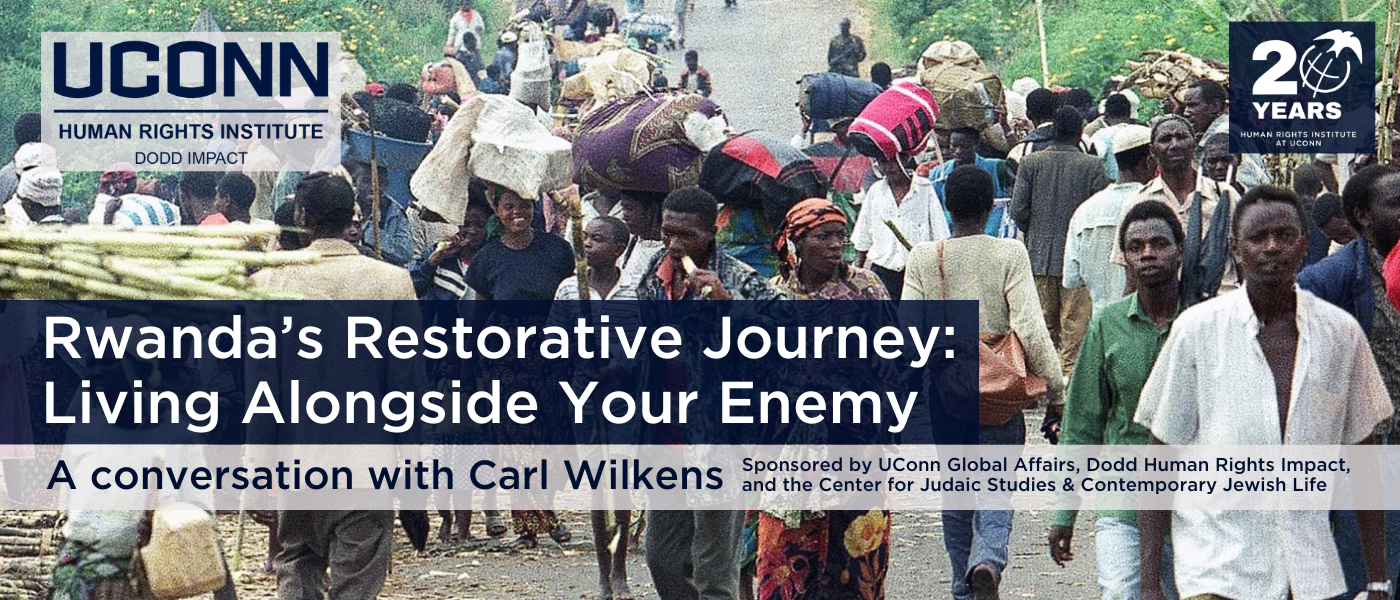

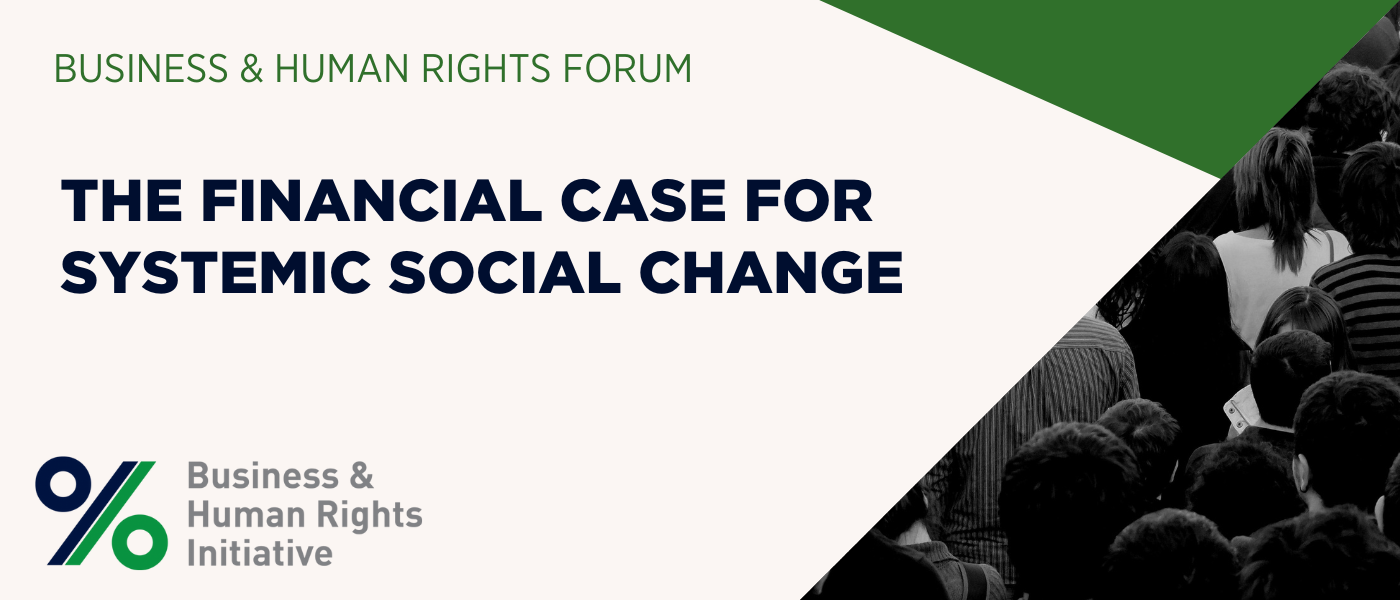

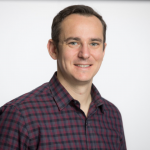
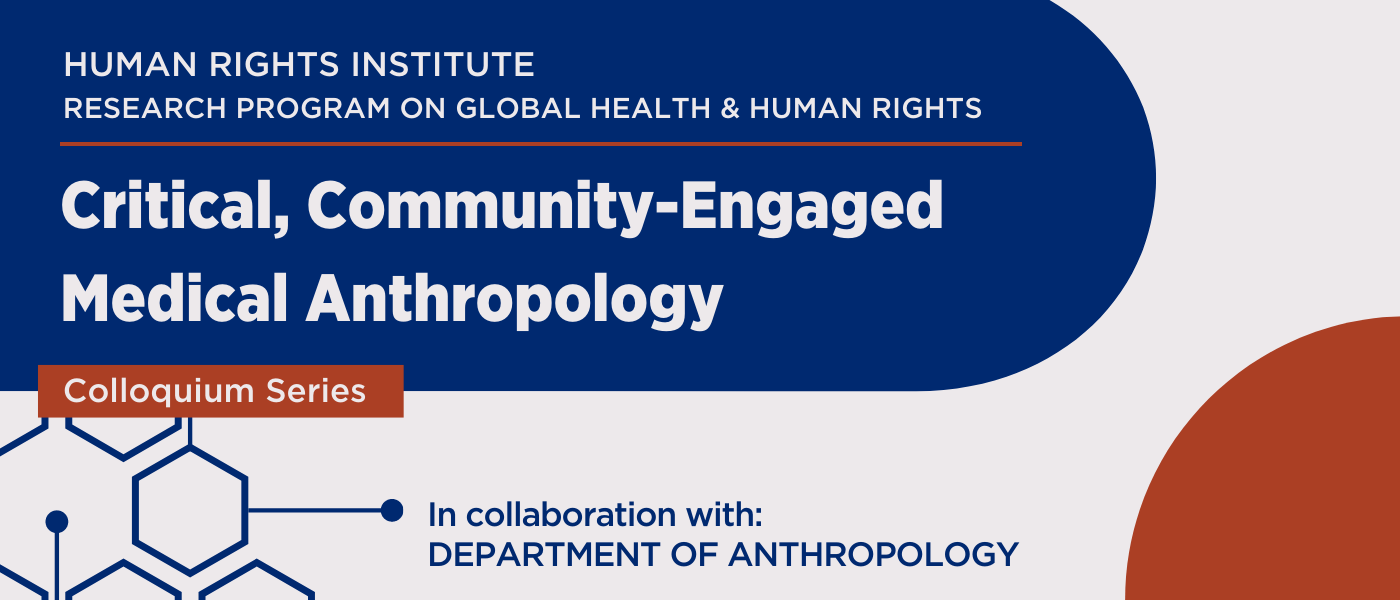

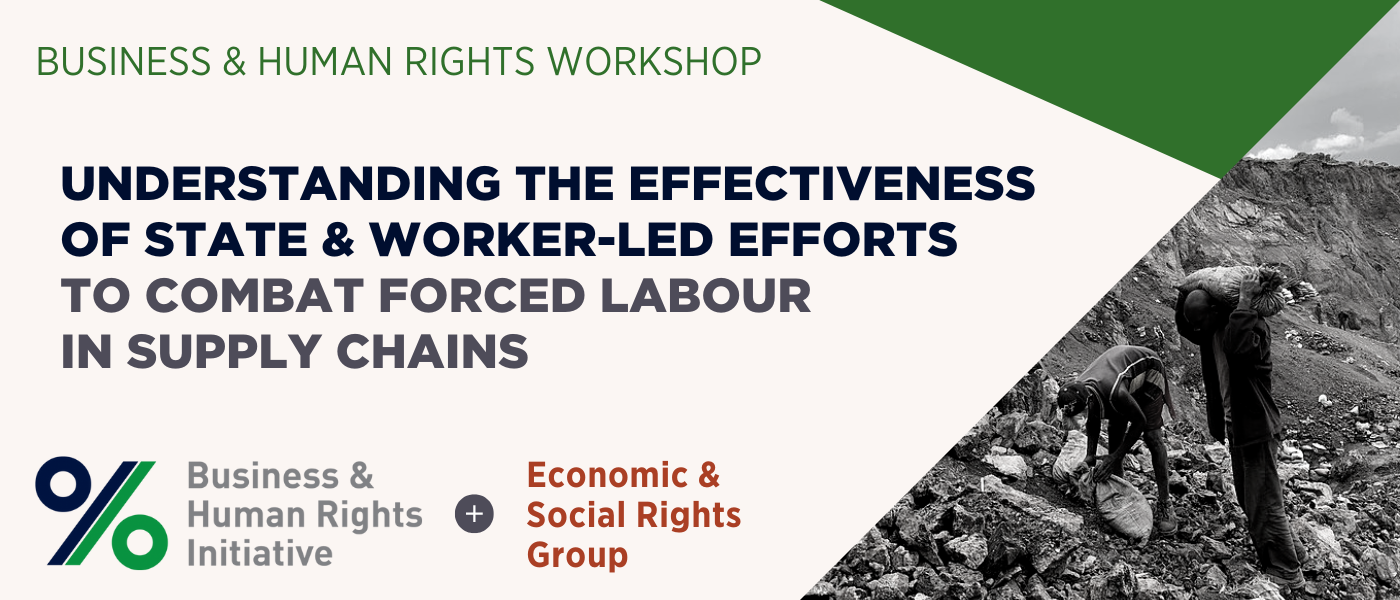
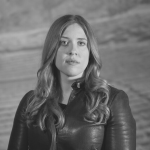 Presenter:
Presenter: 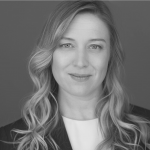
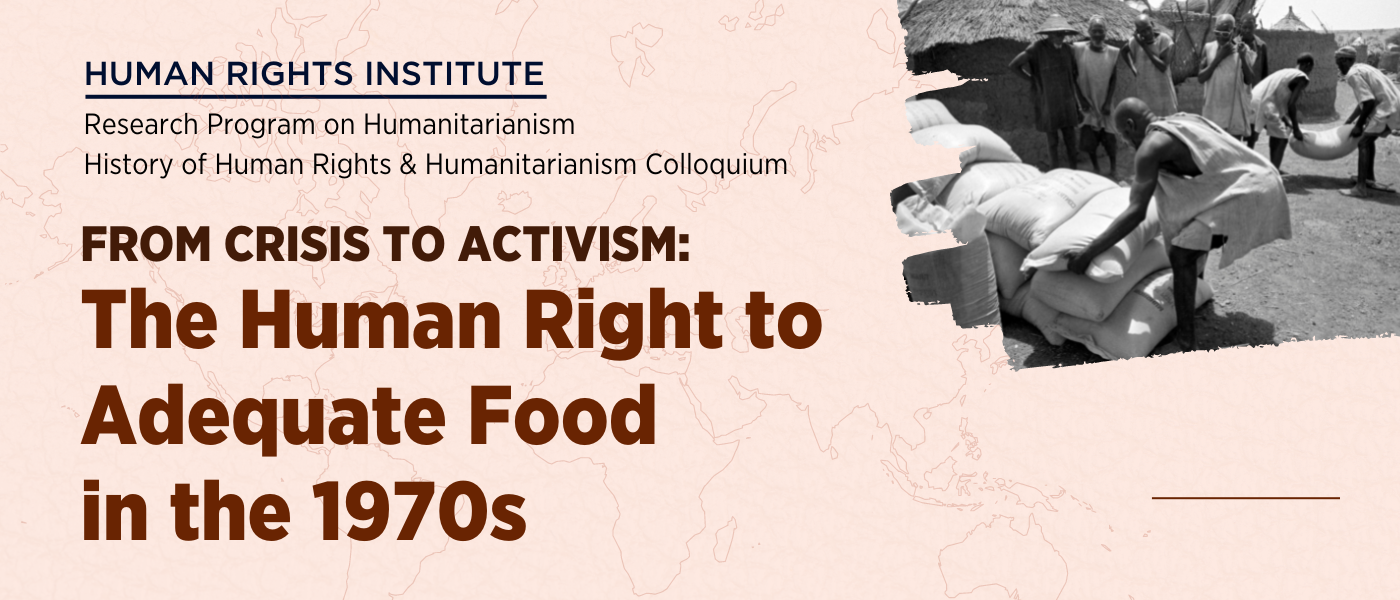

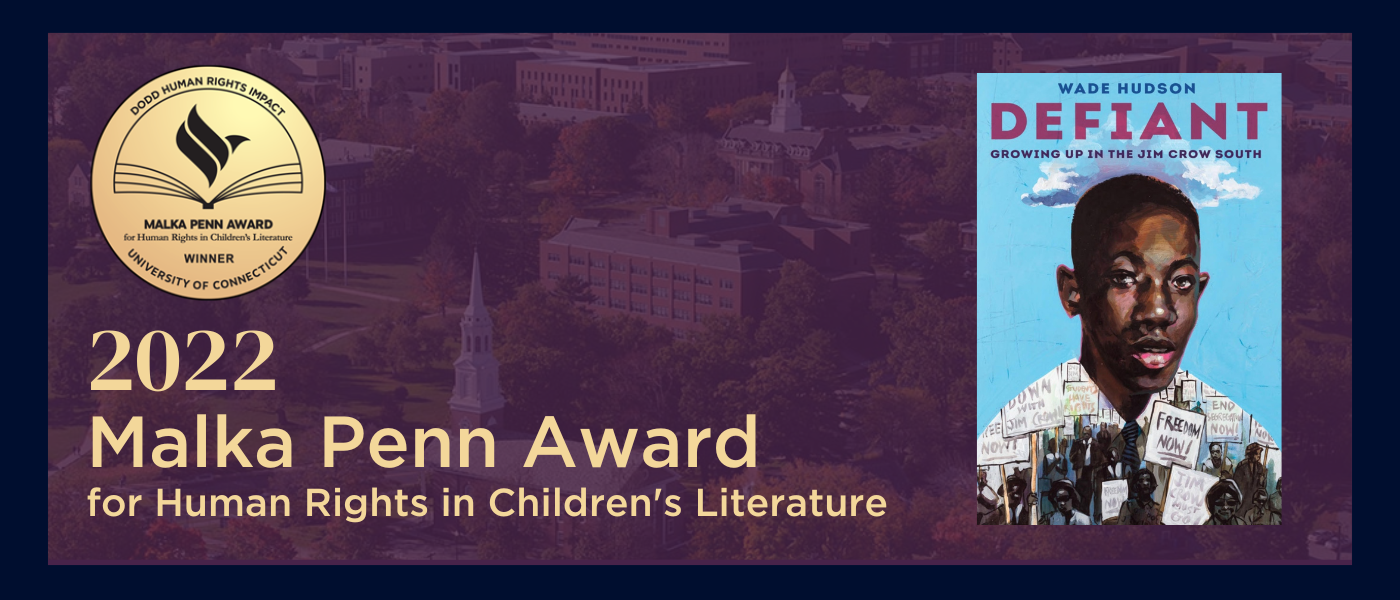
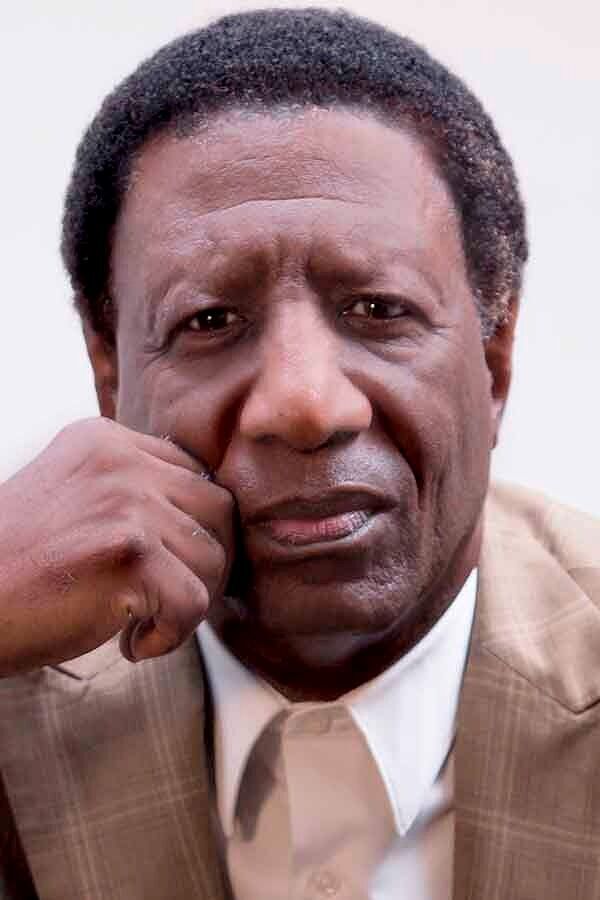 Wade Hudson, author of Defiant: Growing Up in the Jim Crow South, founded Just Us Books in 1988 with Cheryl Willis Hudson. Wade serves as president and CEO of the company. His career as a writer spans more than three decades and has resulted in more than 25 published books for children and young adults. They include Book of Black Heroes from A to Z, Jamal’s Busy Day, Pass It On: African American Poetry for Children, Powerful Words: Two Years of Outstanding Writing by African Americans, the Great Black Heroes series, The Underground Railroad and The Two Tyrones.
Wade Hudson, author of Defiant: Growing Up in the Jim Crow South, founded Just Us Books in 1988 with Cheryl Willis Hudson. Wade serves as president and CEO of the company. His career as a writer spans more than three decades and has resulted in more than 25 published books for children and young adults. They include Book of Black Heroes from A to Z, Jamal’s Busy Day, Pass It On: African American Poetry for Children, Powerful Words: Two Years of Outstanding Writing by African Americans, the Great Black Heroes series, The Underground Railroad and The Two Tyrones.